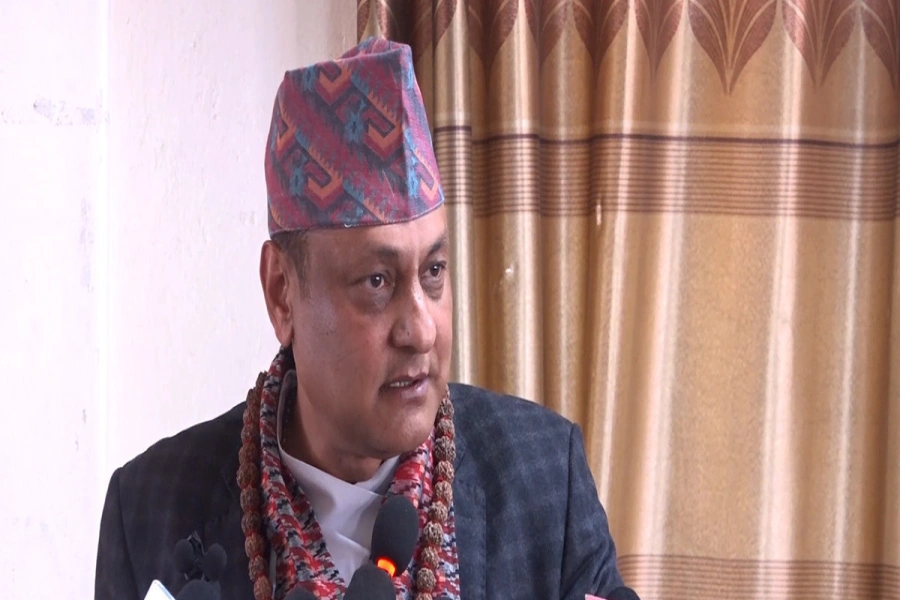NEW DELHI, Sept 27: Indian Supreme Court Wednesday has ruled in favor of the country’s controversial biometric identity scheme known as Aadhaar. In its verdict, the apex court mentioned that the scheme is not unconstitutional and does not violate the right to privacy. But the five-judge constitution bench, headed by Chief Justice Dipak Misra said that linking the identification number with bank accounts and mobile connections or school admissions cannot be compulsory. Nor should its absence mean an exclusion from applying for social welfare.
Those who have enrolled for this identification, have received a unique 12-digit identification number after submitting their fingerprints and retina scans.
The concept of this unique identity for each citizen was conceived in 2009-2010 under the rule of the previous Congress-led centrist United Progressive Alliance government (UPA-II). A year later, the National Identification Authority of India Bill was introduced in the parliament but it was passed in 2016 when the current BJP-led center-right National Democratic Alliance (NDA) came to power. It was renamed the Aadhaar Act, 2016.
Revised interest rate corridor system introduced

Since then, private organizations like banks and telephone companies made it compulsory for customers to link their Aadhaar number with bank accounts or phone numbers. In some cases, schools have asked for the identification number to admit children in schools. To protect the right to privacy, several petitions have been filed challenging the validity of the Aadhaar Act, and on the grounds that the state can easily misuse the data for surveillance on citizens.
The Aadhaar Act has claimed that more people can use social welfare because of Aadhaar and Wednesday’s judgment has stressed the welfare part as a reason for its validity. "Aadhaar gives dignity to the marginalized. Dignity to the marginalized outweighs privacy," said the five-judge bench. "One can't throw the baby out with the bathwater."
The result is that people would need Aadhaar number to access government welfare schemes and to pay taxes. But the people who do not have Aadhaar number will not be excluded according to the SC judges.
But concerns of data leaks remain. In January, the Unique Identification Authority of India (UIDAI) which oversees the Aadhaar project initiated a police probe after there was a major security breach in which identities of citizens were sold by an anonymous seller for a mere US$8.
Last year, 210 government websites had “mistakenly” published several citizen’s personal data. Since 2015, there have been 20 reported cases of Aadhaar related bank frauds. The highly-publicized social welfare aspect of Aadhaar has also been criticized as reports of Aadhaar-related hunger deaths have been revealed — people had been denied food because they did not have the controversial identity card.
Wednesday’s five bench judgment was not unanimous. "The Aadhaar project has failed to remedy the flaws in it's design and has led to exclusion. Denying social welfare is a violation of fundamental rights of citizens," Justice Chandrachud said in Wednesday's ruling.
Activists against the Aadhaar Act are not happy with the judgment while the ruling party welcomed it. The Congress party's Rahul Gandhi said that BJP just uses Aadhaar to exploit people but he welcomed the part of the judgment where the court ordered private organizations to not ask for the identity number.





































